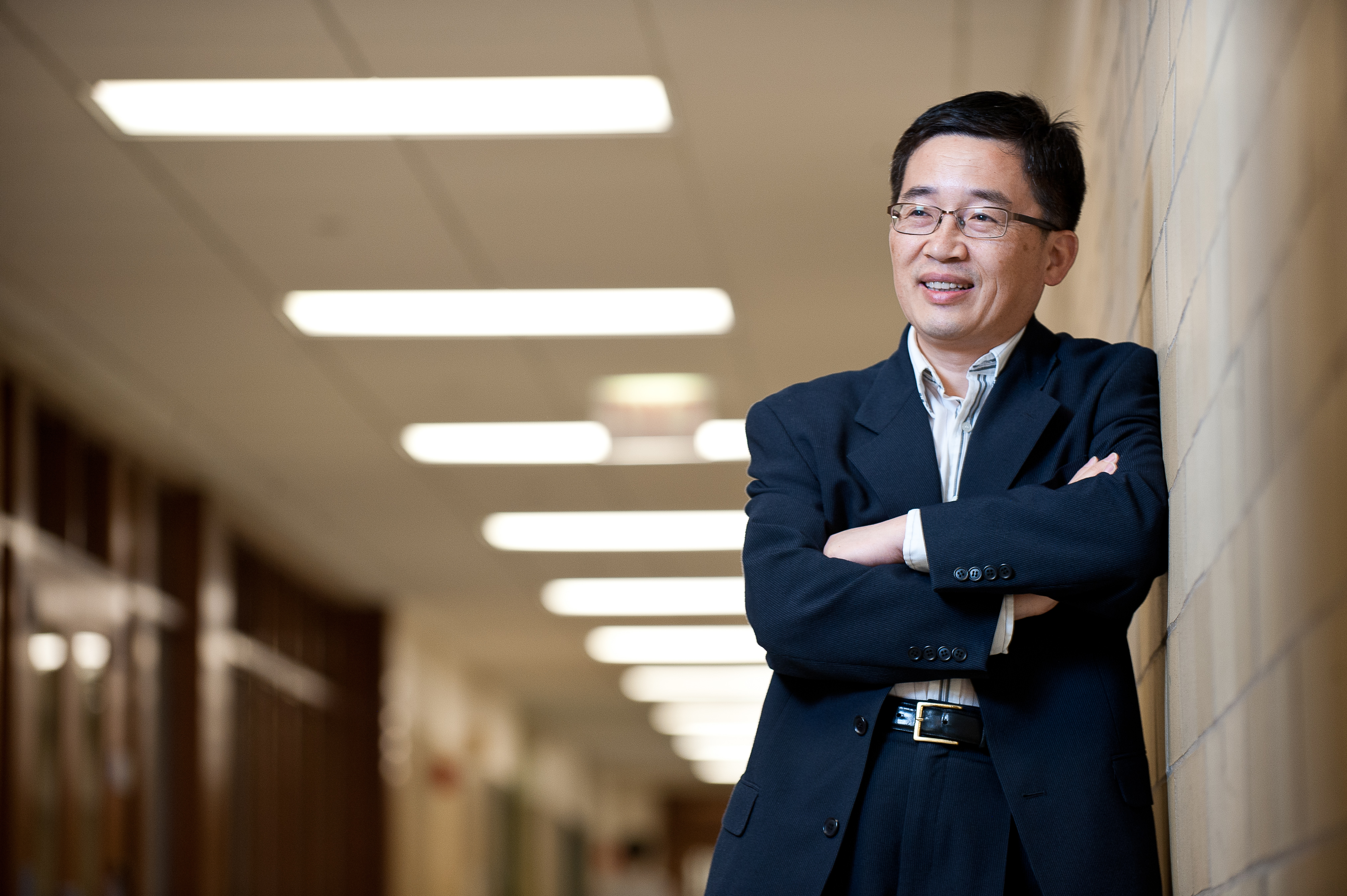Yonggang Huang Elected to the National Academy of Sciences and American Academy of Arts and Sciences

Professor Yonggang Huang has been elected as a member of the National Academy of Sciences (NAS) and American Academy of Arts and Sciences (AAAS) in the Engineering and Technology field. The NAS honor is in recognition of Prof. Huang’s distinguished and continuing achievements in original research. The AAS honor signifies the high regard in which Prof. Huang is held by leaders in the engineering field and other Academy members throughout the nation.
Huang is the Walter P. Murphy Professor of Civil and Environmental Engineering and Mechanical Engineering. He develops models for stretchable and flexible electronics. His work has led to major advancements in bio-integrated electronics for health monitoring. Huang has received many other awards, including a Guggenheim Fellowship from the John Simon Guggenheim Foundation, the Prager Medal from the Society of Engineering Sciences, the Drucker Medal and Nadai Medal from the American Society of Mechanical Engineers, and the Bazant Medal and von Karman Medal from the American Society of Civil Engineers. A member of the National Academy of Engineering, Huang is a highly cited researcher in engineering, materials science and physics.
The National Academy of Sciences is a private, nonprofit institution that was established under a congressional charter signed by President Abraham Lincoln in 1863. It recognizes achievement in science by election to membership, and—with the National Academy of Engineering and the National Academy of Medicine—provides science, engineering, and health policy advice to the federal government and other organizations.
Founded in 1780, the American Academy of Arts and Sciences honors excellence and convenes leaders from every field of human endeavor to examine new ideas, address issues of importance to the nation and the world, and work together, as expressed in our charter, “to cultivate every art and science which may tend to advance the interest, honor, dignity, and happiness of a free, independent, and virtuous people.” Our studies have helped set the direction of research and analysis in science and technology policy, global security and international affairs, social policy, education, and the humanities.
